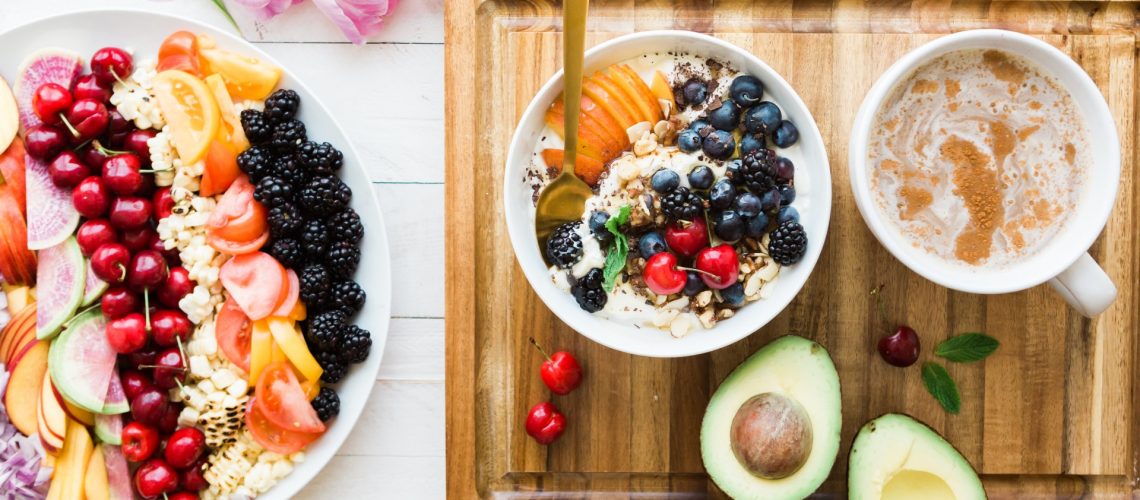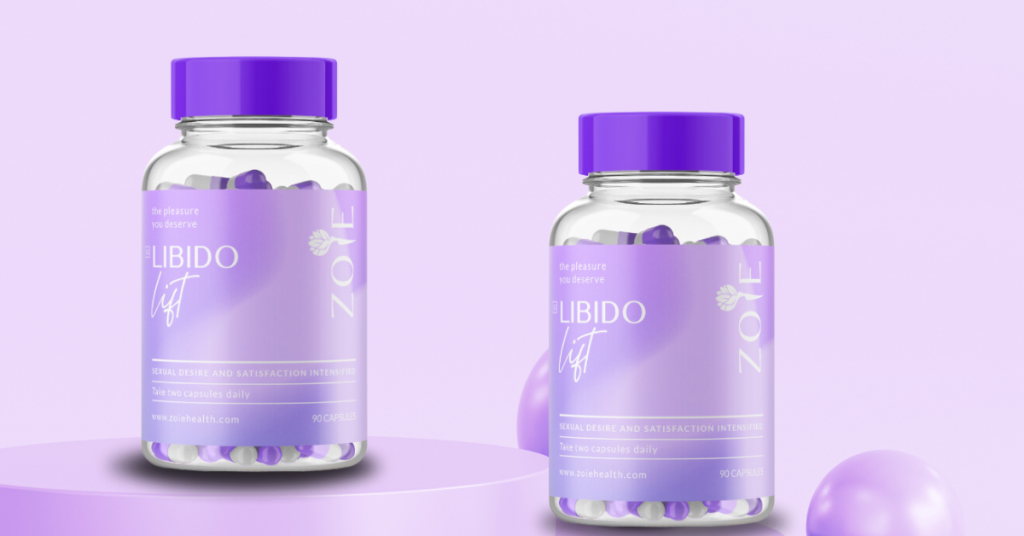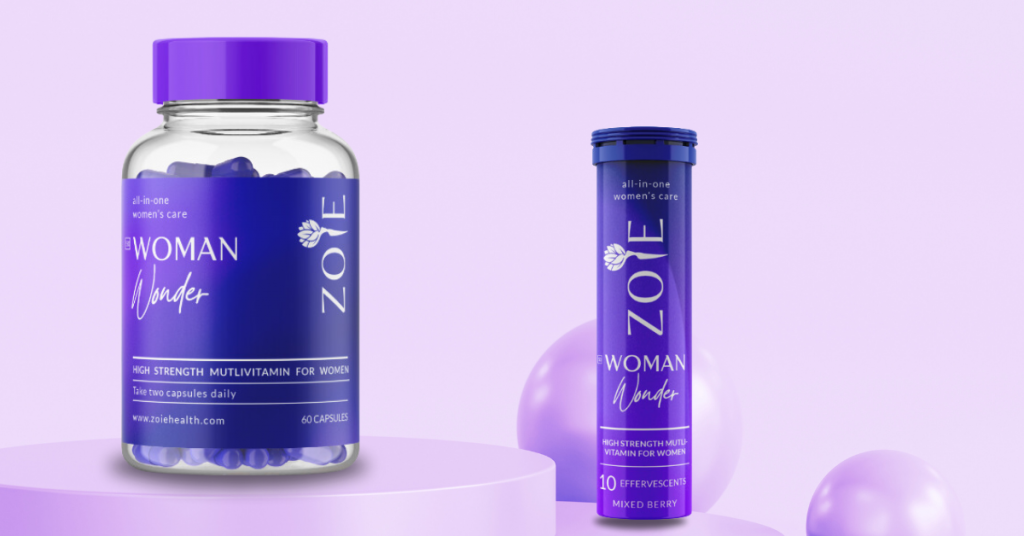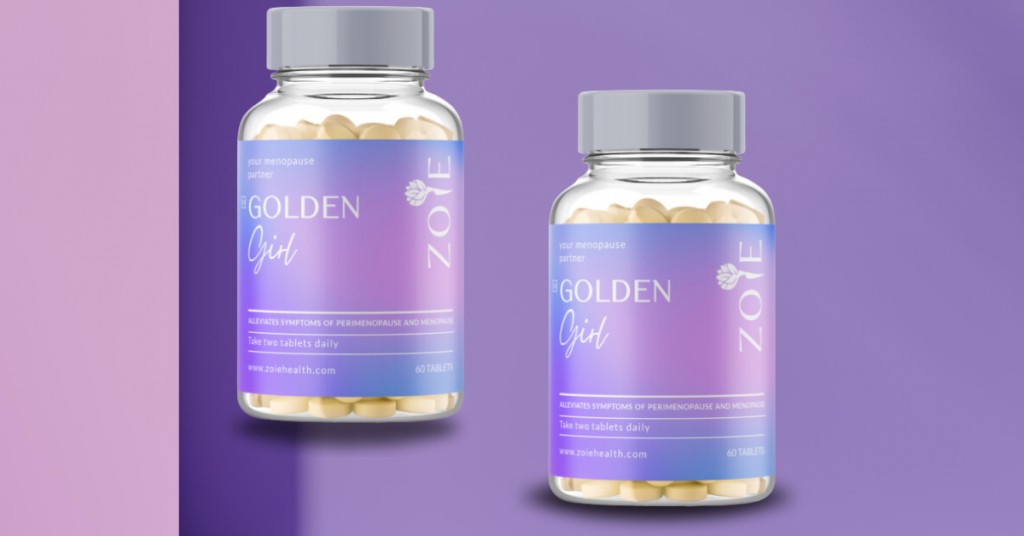When creating a healthy diet with PCOS, cutting out processed foods, exercising regularly and eating healthily are hallmarks of reducing the symptoms of PCOS. But how does it all really work inside your body? CEO of PCOS Diet and PCOS champion, Dr Carmen-Rose Madiebo, lifts the veil.
Why do you need a healthy diet with PCOS?
If you have PCOS, chances are you’ve heard and read all about cutting out processed foods for a healthier outlook. But how does this impact the growth associated with PCOS? Dr Carmen-Rose Madiebo says they’re all linked.
“When it comes to the influence of food in the progression of PCOS, studies have shown that eating foods with low glycemic and high fibre index can decrease some of the complications of PCOS, such as infertility, “leaky gut syndrome”, metabolic syndrome, diabetes, and cardiovascular disease,” she says. “Foods rich in fibre, phytonutrients and with a low glycemic index should be prioritised as they can help decrease complications of PCOS. On the other hand, processed foods should be completely eliminated as this can further worsen PCOS symptoms.”
Insulin and PCOS
That’s because insulin plays a huge role in the treatment or worsening of PCOS, with low-GI and high-fibre foods offering improvements, while a diet rich in processed foods could worsen insulin resistance. “Most PCOS individuals are predisposed to insulin resistance,” says Madiebo. “This is due to a lot of factors but to simplify, PCOS individuals have reduced levels of certain factors such as Myoinositol/D-Chiro Inositol that typically help in insulin as well as glucose metabolism in the body.”
Because people with PCOS lack these chemical levels, they’re at a higher risk for developing insulin resistance. Plus, we all know that with insulin resistance, you’re at risk of developing type-2 diabetes. “To prevent progression to insulin resistance as well as Type 2 Diabetes, the recommended diet composition for PCOS patients is drawn from the available recommendations for the dietary management of type 2 diabetes, which is a low GI and high fibre diet. This will result in an overall weight loss and a reduction in insulin resistance,” says Madiebo.
The impact of a healthy diet with PCOS
The good news is that this could help with not only the symptoms of PCOS but with the cysts, too. “In 75-80% of cases, a PCOS-friendly diet can definitely help with the management of complications as well as the presence of cysts,” explains Madiebo. But this is not a one-size-fits-all situation. Everybody is different.
“There are roughly 15-20% patients that eat really healthy but are still predisposed to PCOS complications due to family history or they are genetically predisposed to have those complications,” Madiebo says. For those patients, pharmacological therapy may be considered as an alternative.
For those who are looking to conceive, once a healthier diet is adopted, it takes about three to four months for healthy eggs to mature, says Madiebo. “To measure improvement in PCOS symptoms, a PCOS patient can check their AMH levels (anti-mullerian hormone, which corresponds to your egg count). A decrease in AMH in a PCOS patient is a great sign, as PCOS patients typically present with elevated AMH levels (which translates into lower egg quality),” she says.
When it comes to adopting a healthier diet, Madiebo recommends cutting out overly processed foods like genetically-modified foods, hormone-raised foods and deli meats. “Minimally processed foods like tofu or kimchi are fine,” she notes.









